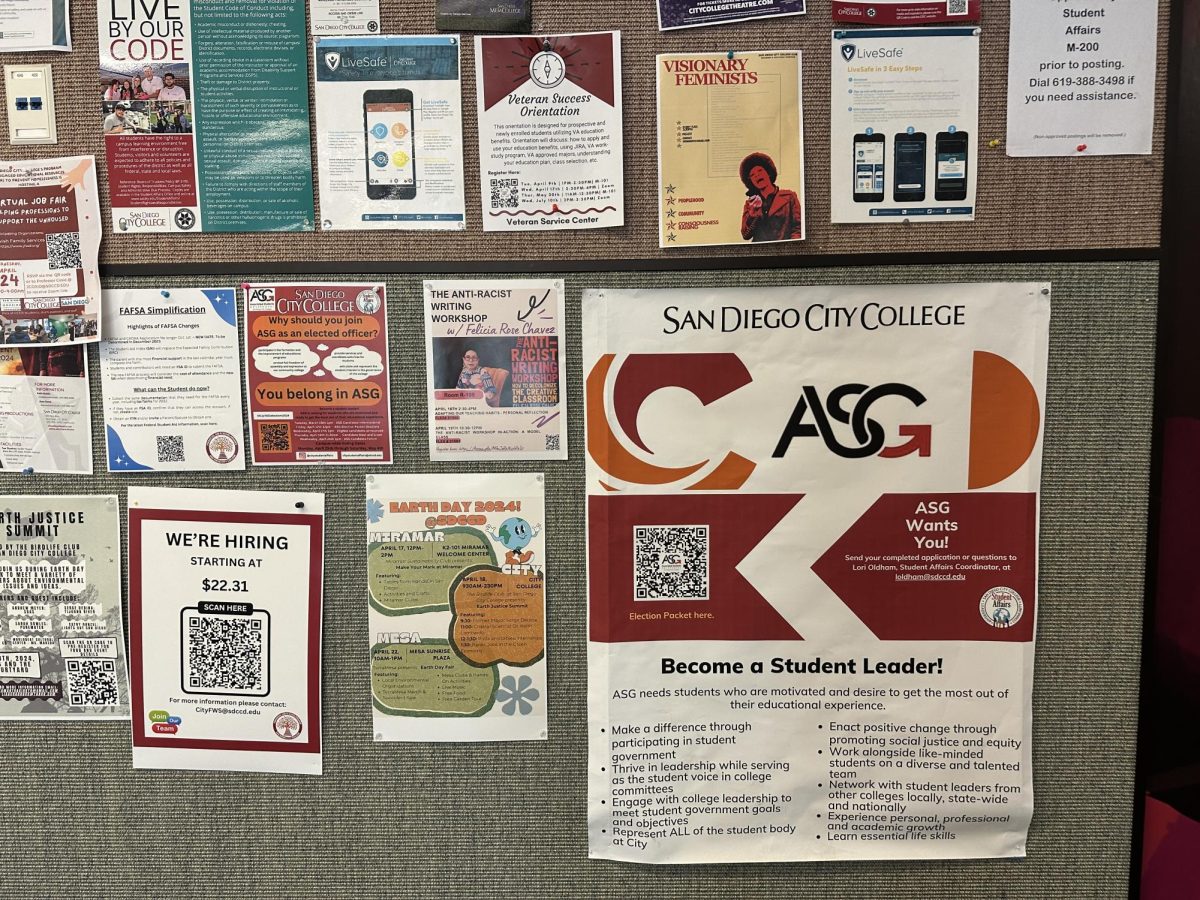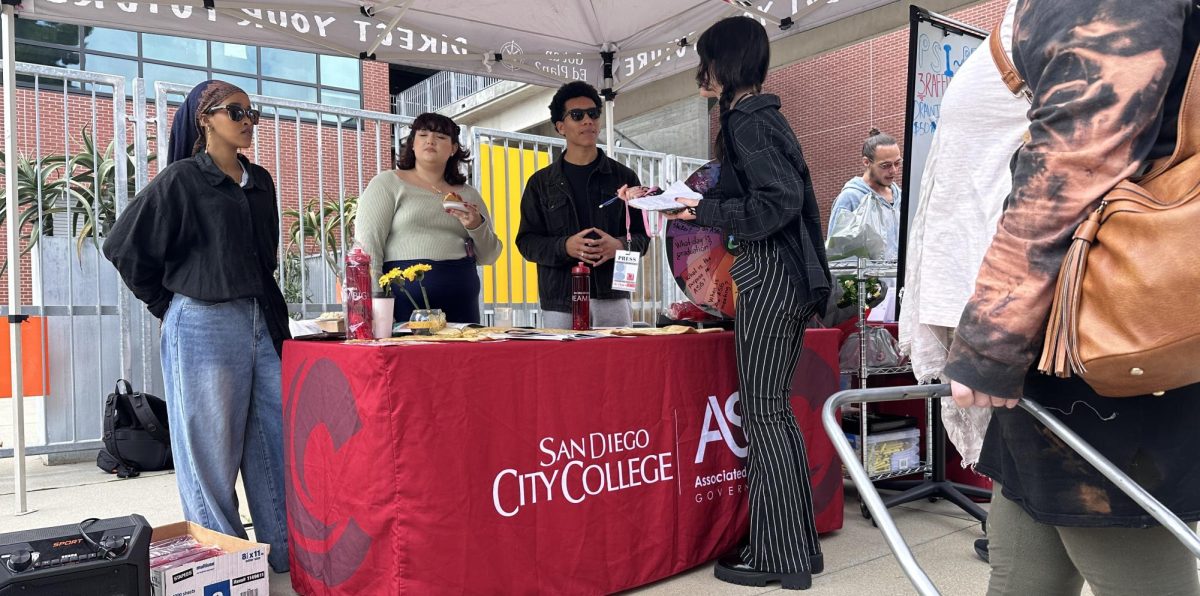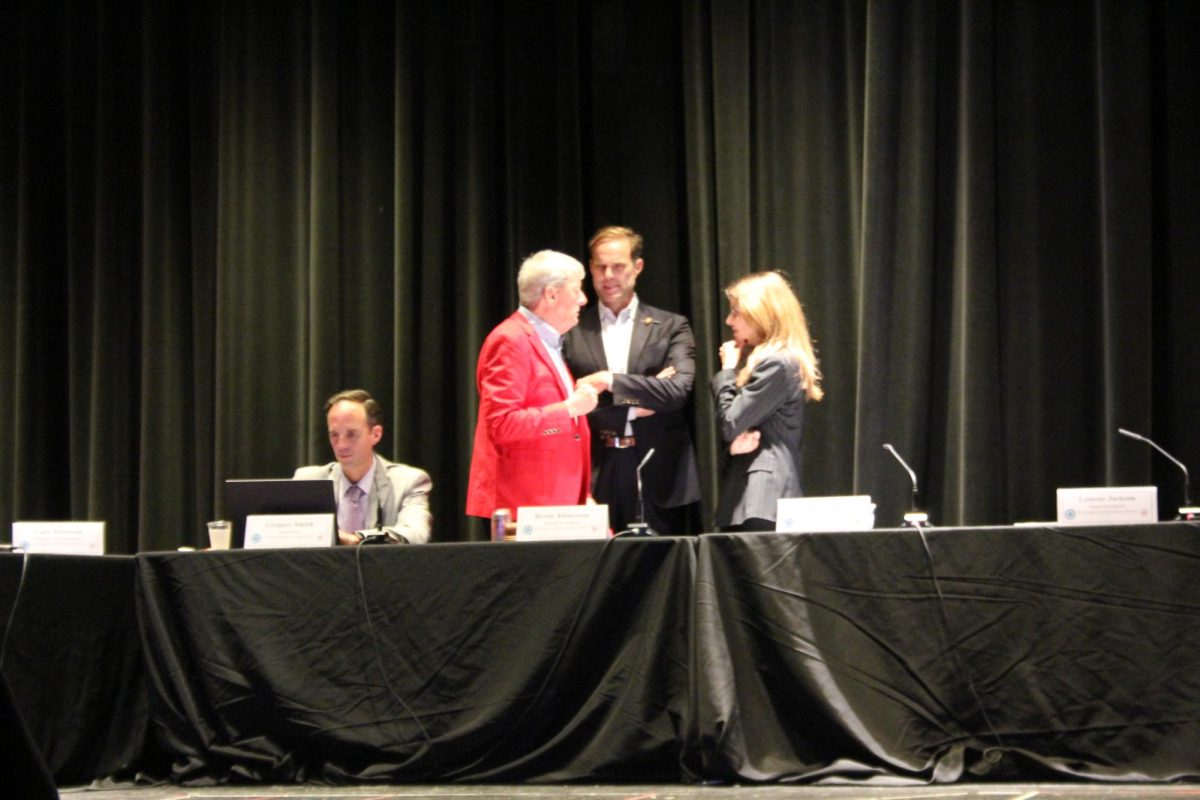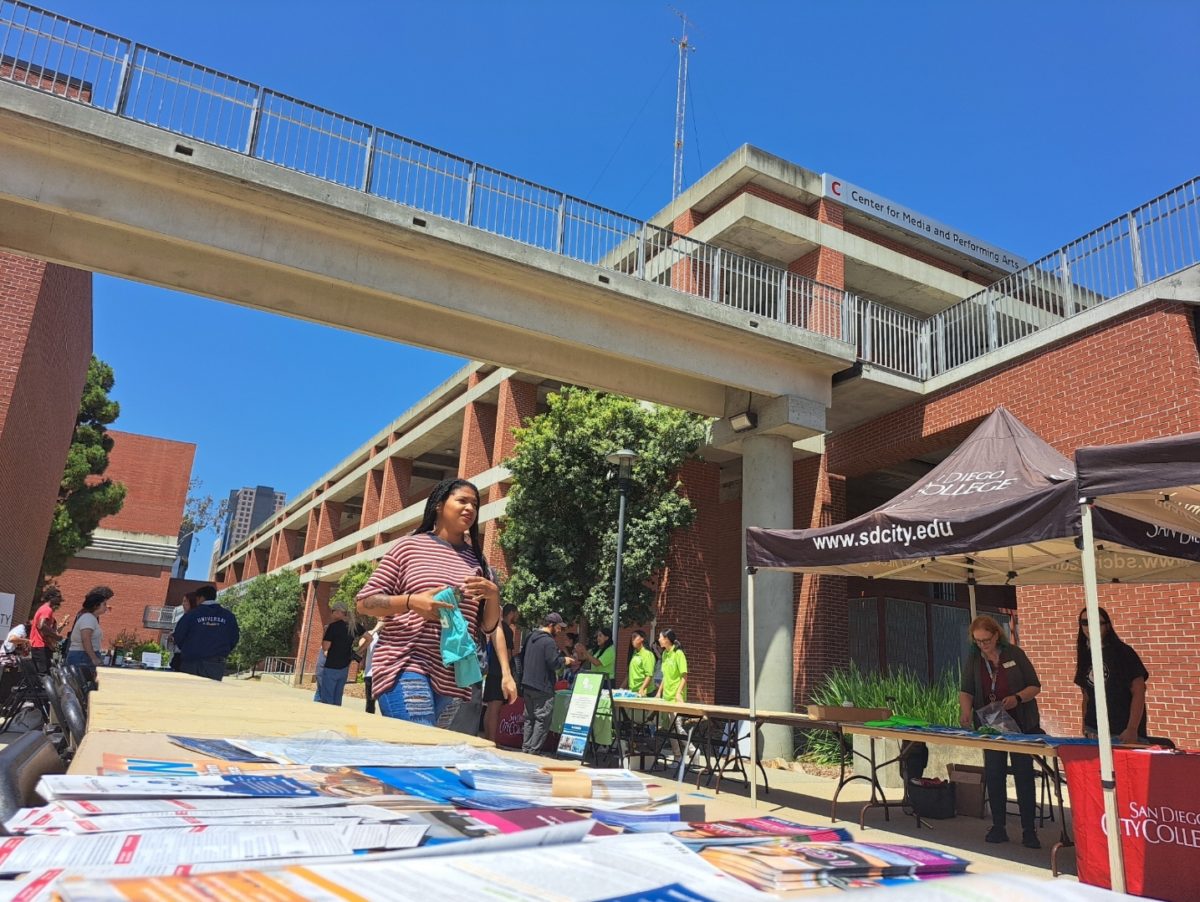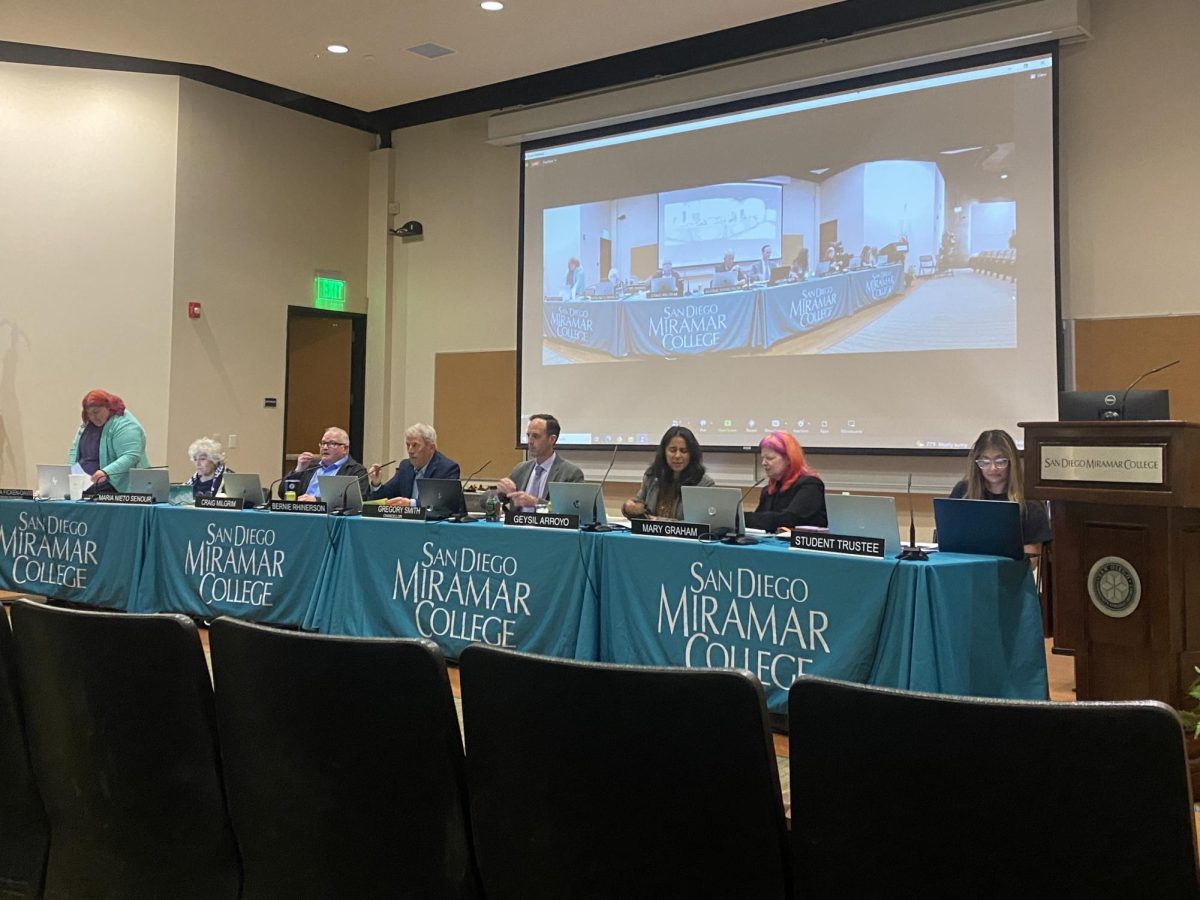At the City College Academic Senate meeting on Nov. 8, Professor Arnie Schoenberg’s campaign for e-mail auto-forwarding took a step backward but still wound up closer to its goal.
Schoenberg had asked the Senate to approve a resolution recommending that the San Diego Community College District’s Office of Information Technology “allow” e-mails sent to SDCCD addresses “to be automatically forwarded” to other addresses.
The Senate ended up rejecting the resolution, but while it was being debated, Director of Information Technology Kent Keyser indicated that auto-forwarding is on the way.
Keyser told the Senate, which consists of professors and other City College staffers, that developing a secure approach to auto-forwarding is challenging and time-consuming, but his team is working on it. He said the project should be finished by summer 2011.
“Once (Keyser) announced a deadline for getting the problem fixed, my resolution became moot, and it was logical for the Senate to reject it,” Schoenberg said after the meeting. “A public commitment to an exact date is much better than a resolution, so I’m happy.”
Keyser said auto-forwarding had to be approached carefully to protect the e-mail system, which serves 5,000 SDCCD employees. He described a hypothetical situation in which a user who is auto-forwarding e-mail to a non-District e-mail address sets up an “out-of-office” auto-reply on that non-District address. Keyser said messages could begin to “ping back and forth” between the two e-mail systems, potentially causing problems on the SDCC’s servers.
Schoenberg began pushing to enable auto-forwarding in 2008.
“As a busy adjunct, I need to be able to organize hundreds of e-mails a day from several different addresses,” said Schoenberg. Auto-forwarding helps by sending all those e-mails to a single address. Otherwise, “stuff tends to slip through the cracks” and “you don’t respond as quickly as you should.”
His initial contact with computer help staff eventually led to a conversation with Keyser. According to Schoenberg, Keyser said IT policy prohibited auto-forwarding but also said professors could go without an SDCCD e-mail and instead use an alternative e-mail address for campus-related communication.
Schoenberg opted for that solution but was stung by it last spring, when he agreed to serve as the necessary faculty mentor for a student who submitted a presentation to City College’s Student Research Symposium. The student’s application was tripped up by Schoenberg’s non-SDCCD e-mail address.
“Since I don’t have a District e-mail, her application was booted out of the system, and the Symposium organizers never got it,” Schoenberg said. “I felt really bad for my student, like it was my fault for not having a District e-mail address, so I thought I would push this issue a bit more this time around.”
Schoenberg said the inability to auto-forward is less a crisis than a “pet peeve.”

